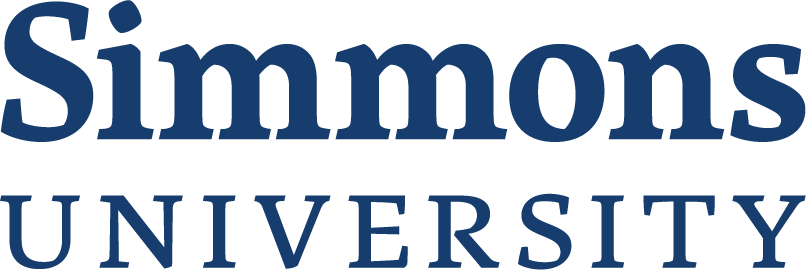Call for Proposals: Knowledge Organization Special Issue
Posted April 1, 2019
Knowledge organization is characterized by intellectual and social approaches and among the latter, classifications of work are central to management of a wide range of enterprises. Examples include ISCO, the International Standard Classification of Occupations, which is described as “a tool for organizing jobs into a clearly defined set of groups according to the tasks and duties undertaken in the job” (ILO). Variants have been developed to aid in comparative research (van Leeuwen et al 2002, Mandemakers et al 2018) and in social survey research various uses and issues exist (Lambert & Bihagen 2014; Gayle, Connolly and Lambert 2015). Occupational classification systems themselves have a complex history both informing and informed by the production of and access to knowledge, social discourses of work, and governance of migration (Jansen et al 2018).
This special issue of seeks to invigorate and broaden inquiry into the historical roots, modern activity and future visions of occupational classifications. We invite papers that explore and expand our knowledge of the practices and epistemologies on which classifications of occupations are based. Topics may update and expand on the role of work classifications in international research, professionalization, automation, recordkeeping, information, and data practices. What roles do systems of occupational classification play in enhancing or limiting access to research literatures, jobs, education, leisure, and culture? Informed by scholarship on social classifications or inquiry into comparability, visibility, and control in work classification, can we establish compatibility, access, and equity in ways of classifying work?
Initial submissions:
– Abstracts of up to 1500 words covering these or other relevant topics may be submitted via email to: [email protected] .
– Authors must follow the instructions from (http://www.isko.org/ko.html)
– Contributions must align with the scope of the journal (same website), especially they must be well-situated in knowledge organization, and that means they must cite literature from the KO domain, including both the journal KO and conference proceedings.
Important Dates:
Abstract submissions due May 31, 2019
Author notifications due June 28, 2019
Completed papers due September 17, 2019
Full CFP available here:
https://docs.google.com/
